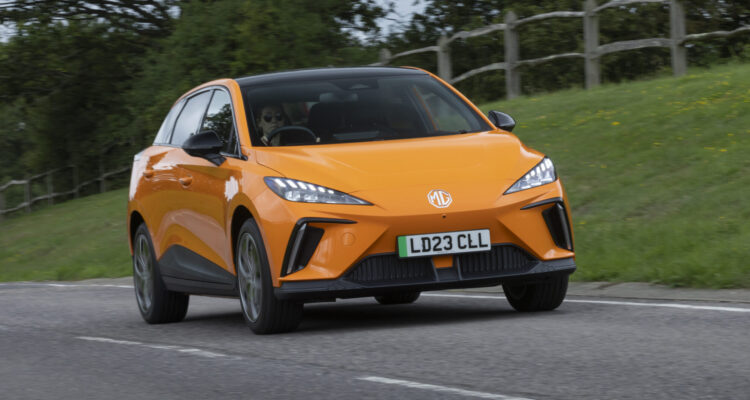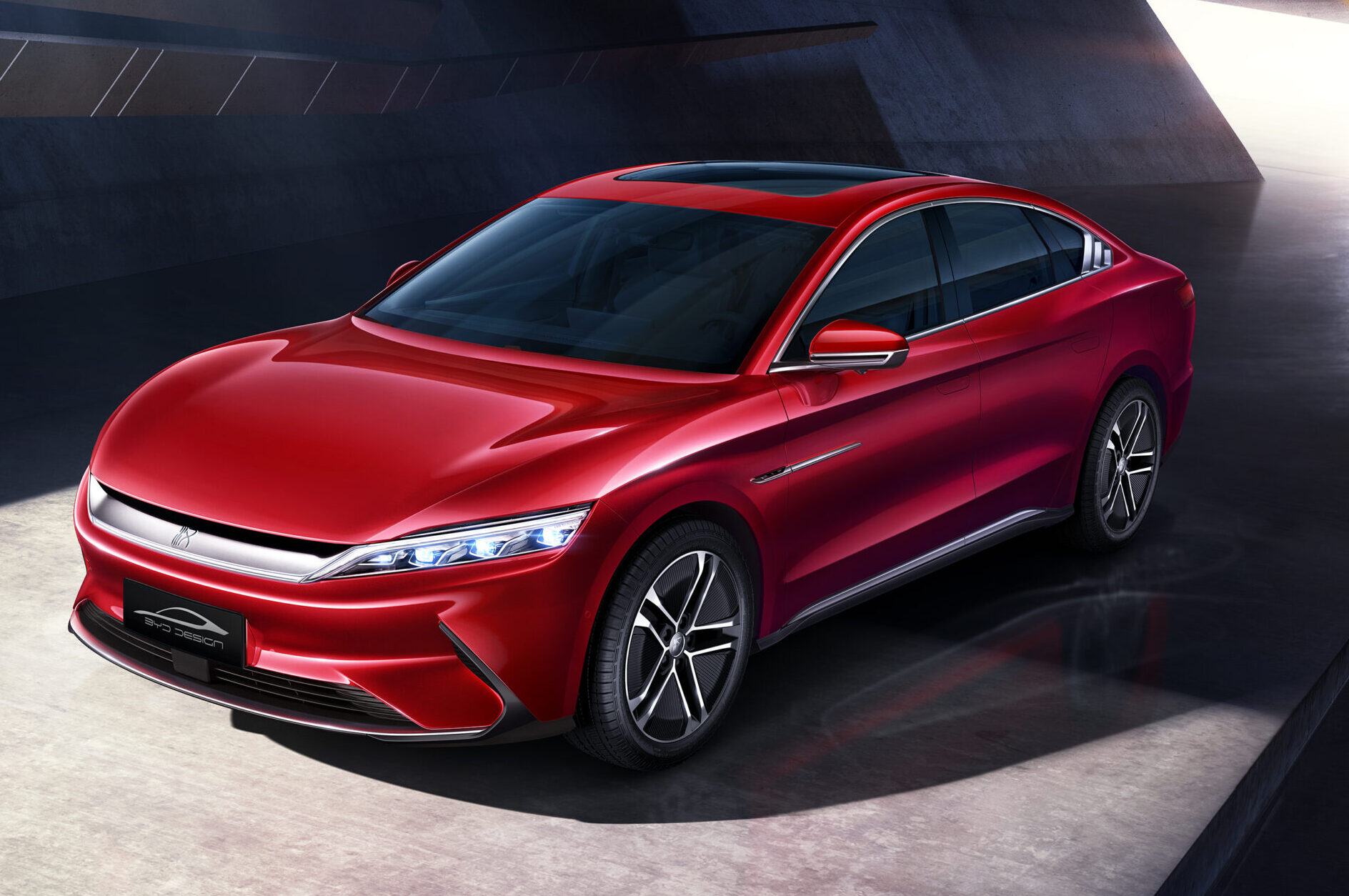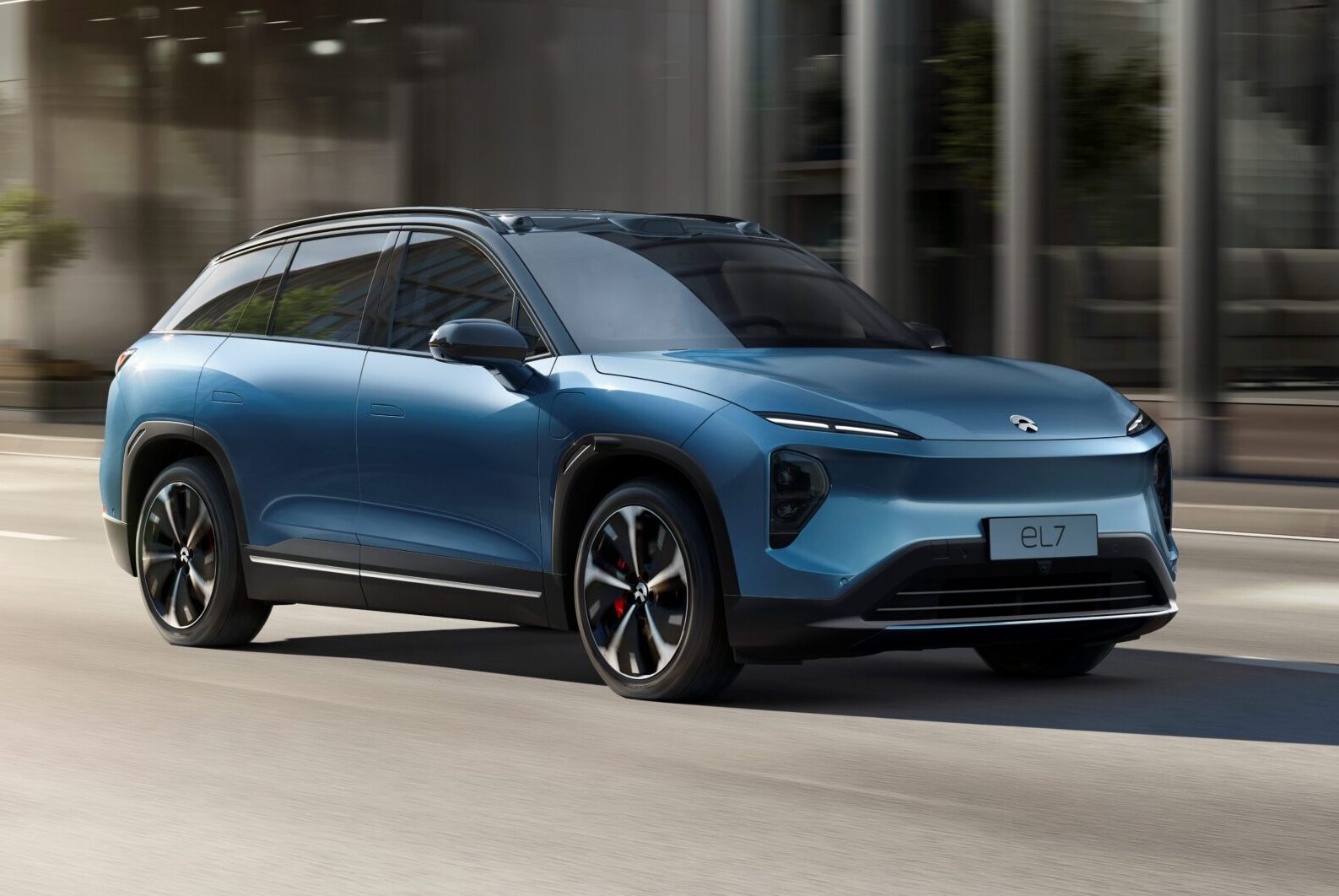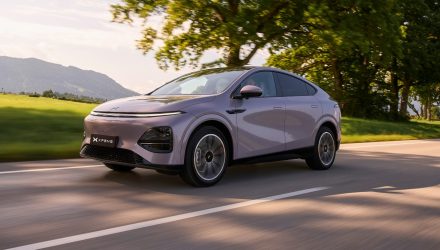The European Union has initiated a comprehensive investigation into the subsidies provided by China for electric vehicles (EVs), expressing growing unease over the competitiveness of its own automotive industry. Ursula von der Leyen, President of the European Commission, made the announcement during her annual address to the European Parliament. She voiced concerns that the global automotive market is flooded with inexpensive Chinese cars, the affordability of which is artificially maintained by substantial state subsidies.
Von der Leyen emphasized the distortion these subsidies create within the EU market, stating, “And as we do not accept this distortion from the inside in our market, we do not accept this from the outside.” The decision to launch this probe reflects the EU’s mounting apprehensions about the ability of European manufacturers to compete effectively with China’s rapidly expanding EV industry.
China is a burgeoning hub for numerous EV manufacturers, generously backed by government incentives aimed at both industry development and consumer adoption. However, many of these emerging companies are yet to establish consistent profitability. Prominent Chinese automakers, including the electric vehicle leader BYD, as well as newer entrants like MG and Nio, are gearing up to intensify their sales efforts in Europe, offering competitively priced EVs.
Meanwhile, within China, automakers are grappling with slowing consumer demand, sparking a fierce price war. This backdrop highlights the complexities of the global automotive industry and underscores the EU’s need to address these issues proactively.
Earlier this year, the EU conducted a temporary review of its state aid regulations to counteract substantial subsidies provided by both the U.S. and China, particularly in the green technology sector. The EU’s particular focus on China’s economic practices has led to calls for Beijing to open its market, rebalance trade relations, and institute measures to counter China’s coercive actions targeting countries like Lithuania.
French Finance Minister Bruno Le Maire is currently in Berlin, advocating for more robust measures to safeguard European industry. He stressed the urgency of a European industrial strategy that is proactive, innovative, and protective of European interests concerning China and the U.S.
German Economy Minister Robert Habeck welcomed the EU’s actions against Chinese-made electric cars, clarifying that the aim is to address unfair competition rather than hinder the entry of efficient, affordable vehicles into the European market. Habeck affirmed that if the EU’s investigation uncovers substantial breaches of competition rules, then “… of course, we must take action.”
European auto manufacturers’ domestic market share is being severely impacted with a substantial surge in electric vehicle imports from China in recent years. Additionally, the U.S. Inflation Reduction Act (IRA) has introduced significant changes to the electric vehicle value chain, further reshaping the landscape.
Sigrid De Vries, the head of the European industry lobbying group ACEA, expressed optimism about von der Leyen’s announcement, viewing it as a positive signal of the EU’s recognition of the increasingly imbalanced competition in the sector. “Von der Leyen’s announcement is a positive signal that the European Commission is recognising the increasingly asymmetric situation our industry is faced with, and is giving urgent consideration to distorted competition in our sector,” she added.
China, in response, criticized the EU’s probe into its electric vehicle subsidies, labeling it as a protectionist measure that could disrupt global automotive supply chains and harm economic and trade relations. The Chinese Ministry of Commerce released a statement expressing concerns about the negative repercussions of the investigation on China-EU relations.
Cui Dongshu, the secretary general of the China Passenger Car Association, personally voiced opposition to the review, urging the EU to adopt an objective perspective on the industry’s development and refrain from arbitrarily utilizing economic and trade tools. Notably, China-made cars exported to Europe generally command nearly double the prices compared to their domestic market.
In conclusion, the EU’s investigation into Chinese electric vehicle subsidies reflects its determination to ensure fair competition within the global automotive industry, even though it may potentially strain economic relations between the EU and China. The outcome of this investigation will undoubtedly have far-reaching implications for the electric vehicle market and international trade.








